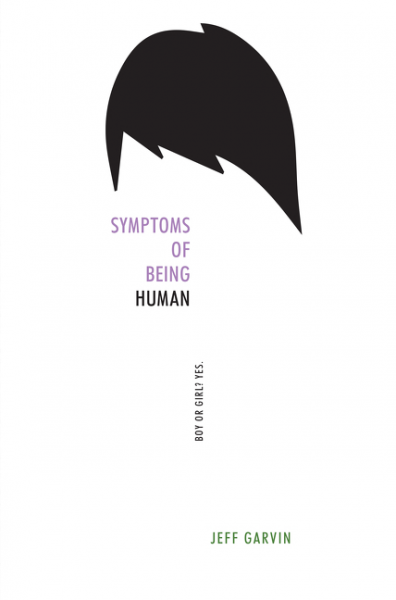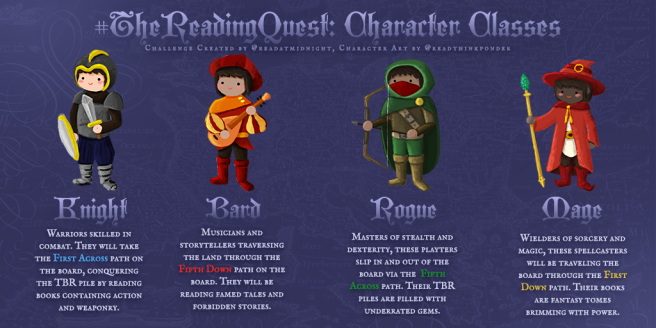 My friend Kristin passed along a recommendation to me for Jeff Garvin’s YA novel Symptoms of Being Human (Balzer + Bray, 2016), which tells the story of Riley Cavanaugh, a genderfluid teen. It’s the first book I’ve read where a major character could really be considered bi-gender (though Riley never uses that word, and “genderfluid” is probably a better description of who they are). Riley moves back and forth on the scale between male and female, feeling more boy one day and more girl the next. The story deals with their experience trying to walk a fine line of being themself and not drawing unwanted attention. That line, it turns out, is too thin: as in real life, there are people who take real exception to anyone crossing gender lines or trying to mix genders.
My friend Kristin passed along a recommendation to me for Jeff Garvin’s YA novel Symptoms of Being Human (Balzer + Bray, 2016), which tells the story of Riley Cavanaugh, a genderfluid teen. It’s the first book I’ve read where a major character could really be considered bi-gender (though Riley never uses that word, and “genderfluid” is probably a better description of who they are). Riley moves back and forth on the scale between male and female, feeling more boy one day and more girl the next. The story deals with their experience trying to walk a fine line of being themself and not drawing unwanted attention. That line, it turns out, is too thin: as in real life, there are people who take real exception to anyone crossing gender lines or trying to mix genders.
In terms of entertainment, if like me you enjoy YA (young adult) fiction, as more and more adults seem to do these days, Symptoms of Being Human is a good read. Some of the positive attention Riley gets doesn’t feel realistic to me: without giving away what goes on in the story, Riley seems like a realistic teenager with realistic gifts, but some of those gifts are received as though they’re amazing and exceptional, and I found that a little hard to swallow. Garvin also chooses to never let Riley reveal what sex they were assigned at birth, and I have mixed feelings about that. On the one hand, as Garvin must have intended, it keeps the focus on Riley’s actual gender instead of letting us get hung up on Riley’s assigned sex. On the other hand, while being non-binary is very tricky regardless of your assigned sex at birth, the challenges are a bit different depending on what that assigned sex is, both socially and physically, and this story glosses over those differences. Still, it’s refreshing to have a character whose assigned sex at birth is simply beside the point.
In terms of gender experience, Garvin does a great job, especially since nothing in the public information I’ve seen about him suggests that he’s anything different than a straight, cisgender male (he describes himself in this article about gender identity as an ally). Evidently he spent a lot of time reading and talking to transgender and non-binary people before he began to write, and it shows in characters who feel true-to-life in their gender non-conformity.

For a contrast, consider Lauren McLaughlin’s enjoyable but unrealistic YA novel Cycler, in which the main character inexplicably flips back and forth between being physically male and physically female: it’s a good read, but it has no wisdom to impart about being non-binary–though to be fair, I doubt it’s meant to.
Symptoms of Being Human is mainly preoccupied with the difficult question of whether to come out, and how much, and to whom, and how to try not to give your gender identity away before you’re ready. These are important and interesting question, though it was a little disappointing to me that they ended up being the ultimate questions in the book. From my point of view, coming out is a secondary issue, and the main thing is how a person lives and figures out who they are when they don’t fit into the gender binary we’re all taught is basic to our identity.
But Symptoms is a badly-needed and rewarding read, and my hope is that that it’s only the beginning for Garvin and for Riley, that before long we’ll see the continuation of Riley’s story and what comes of them facing these deeper issues.
Advertisements Share this:




